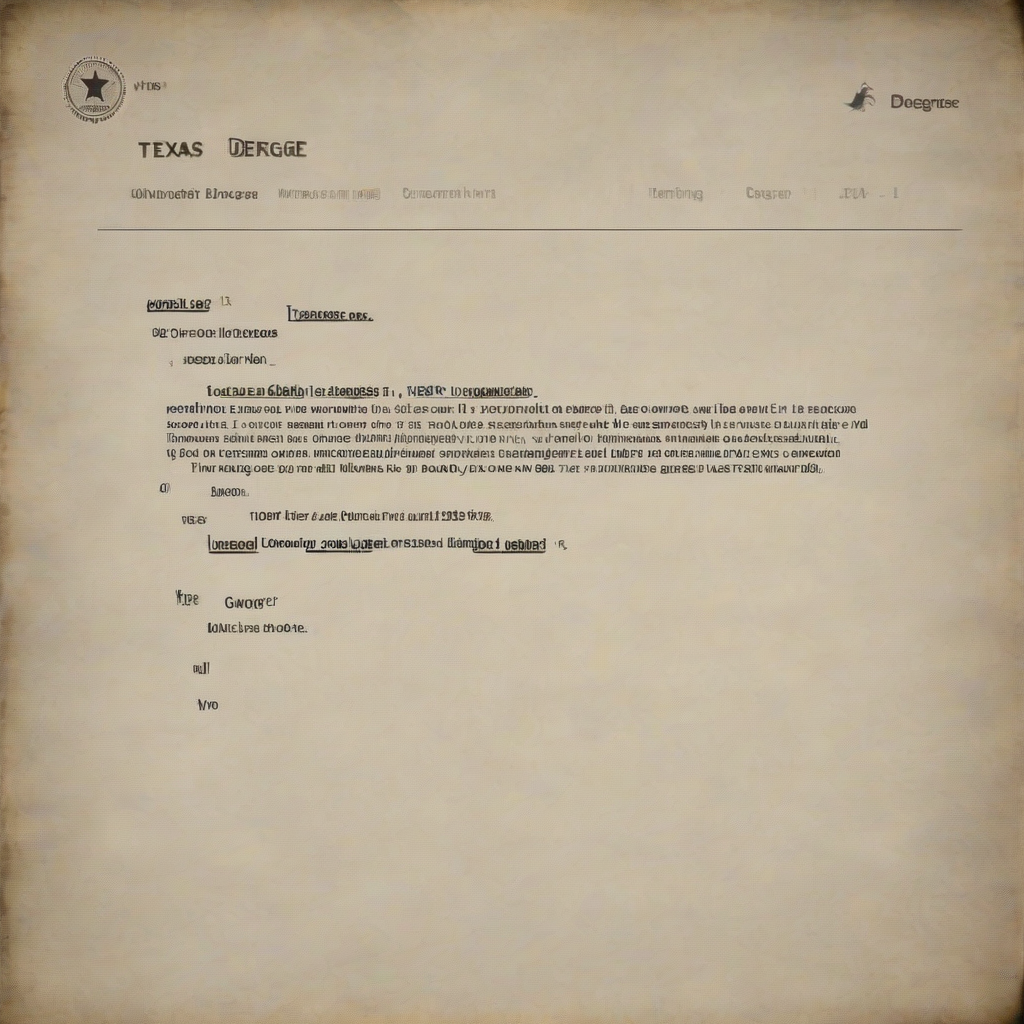Bachelor’s Degree: Unveiling the Nuances of This Academic Milestone
The bachelor’s degree, a cornerstone of higher education globally, represents a significant academic achievement and a crucial stepping stone for many career paths. However, the term “bachelor’s degree” itself is broad, encompassing a vast array of disciplines, specializations, and learning experiences. This comprehensive exploration delves into the multifaceted nature of bachelor’s degrees, examining their significance, variations, and implications for individuals pursuing higher education.
The Significance of a Bachelor’s Degree
In today’s competitive job market, a bachelor’s degree often serves as a minimum requirement for numerous professions. It signifies a commitment to higher learning, demonstrating a capacity for critical thinking, problem-solving, and independent learning – skills highly valued by employers across diverse sectors. Beyond the immediate career benefits, a bachelor’s degree fosters personal growth, expands intellectual horizons, and enhances overall life opportunities.
- Enhanced Earning Potential: Statistically, individuals with bachelor’s degrees earn significantly more over their lifetimes compared to those with only a high school diploma. This financial advantage extends beyond salary; it influences access to better healthcare, housing, and overall financial security.
- Career Advancement Opportunities: Many professions require a bachelor’s degree as a prerequisite for entry-level positions. Furthermore, it often serves as a stepping stone for career advancement, opening doors to leadership roles and specialized opportunities.
- Improved Cognitive Skills: The rigorous curriculum of a bachelor’s degree program cultivates essential cognitive skills, such as critical thinking, analytical reasoning, problem-solving, and communication. These skills are transferable and applicable across various aspects of life.
- Personal Growth and Development: The college experience extends beyond academics. It fosters personal growth through exposure to diverse perspectives, independent living, and engagement in extracurricular activities, contributing to well-rounded personal development.
- Networking Opportunities: University environments provide ample opportunities for networking with peers, professors, and professionals, creating valuable connections that can benefit career prospects and personal development.
Types and Variations of Bachelor’s Degrees
The landscape of bachelor’s degrees is incredibly diverse. They are broadly categorized by their focus, duration, and learning modality. Understanding these variations is crucial for prospective students to make informed choices aligning with their academic and professional aspirations.
By Subject Area
- Arts and Humanities: These degrees focus on critical thinking, interpretation, and creative expression, encompassing disciplines such as literature, history, philosophy, and art.
- Social Sciences: These programs explore human behavior, social structures, and societal issues, including sociology, psychology, economics, and political science.
- Sciences: Science degrees emphasize scientific inquiry, research methods, and the application of scientific principles across various fields, such as biology, chemistry, physics, and computer science.
- Business and Management: These degrees equip individuals with the skills and knowledge necessary for success in the business world, covering areas such as accounting, finance, marketing, and management.
- Engineering: Engineering degrees combine scientific principles and mathematical methods to design and develop solutions to technological problems, specializing in diverse areas such as mechanical, electrical, civil, and chemical engineering.
- Education: Education degrees prepare individuals for careers in teaching and education-related fields, focusing on pedagogical methods, curriculum development, and educational psychology.
- Healthcare: Healthcare degrees encompass a wide range of disciplines, including nursing, medicine, pharmacy, and allied health professions.
By Degree Type
- Bachelor of Arts (BA): Generally associated with humanities and social sciences, emphasizing critical thinking and theoretical understanding.
- Bachelor of Science (BS): Often focused on scientific and technical fields, emphasizing practical applications and research methodologies.
- Bachelor of Fine Arts (BFA): Specifically designed for students pursuing careers in the arts, requiring a significant portfolio component.
- Bachelor of Business Administration (BBA): Focused on business principles, management, and related disciplines.
- Bachelor of Engineering (BEng): Specifically for engineering disciplines, emphasizing practical application and design.
By Learning Modality
- Traditional On-Campus Programs: Involve full-time attendance at a university campus, providing direct interaction with professors and peers.
- Online Programs: Allow students to complete their degrees remotely through online courses and resources, offering flexibility and accessibility.
- Hybrid Programs: Combine elements of both on-campus and online learning, offering a blend of traditional and flexible learning experiences.
Choosing the Right Bachelor’s Degree
Selecting the appropriate bachelor’s degree is a crucial decision with significant long-term implications. The process requires careful self-reflection, research, and consideration of several factors.
- Identify Your Interests and Passions: Choosing a field you are genuinely passionate about is essential for maintaining motivation and achieving academic success.
- Assess Your Skills and Abilities: Consider your strengths and weaknesses to identify fields that align with your capabilities and learning style.
- Research Career Opportunities: Investigate the job market outlook and career paths associated with different disciplines.
- Evaluate University Programs: Compare different universities and their programs based on factors such as reputation, faculty expertise, curriculum, and resources.
- Consider Financial Factors: Evaluate the costs of tuition, fees, and living expenses, and explore financial aid options.
- Seek Guidance from Advisors and Mentors: Consult with academic advisors, career counselors, and mentors to obtain personalized advice and support.
Beyond the Bachelor’s Degree: Further Education
For many, a bachelor’s degree serves as a foundation for further education. Advanced degrees, such as master’s degrees and doctoral degrees, offer opportunities for specialization, research, and career advancement. The decision to pursue further education depends on individual career aspirations and personal goals.
- Master’s Degrees: Offer specialized knowledge and skills in a specific field, often required for advanced positions or research opportunities.
- Doctoral Degrees (Ph.D.): Focus on original research and contribute to the advancement of knowledge in a particular discipline.
- Professional Degrees: Such as law (JD), medicine (MD), and dentistry (DDS), require specialized training and licensure.
Conclusion (Omitted as per instructions)




